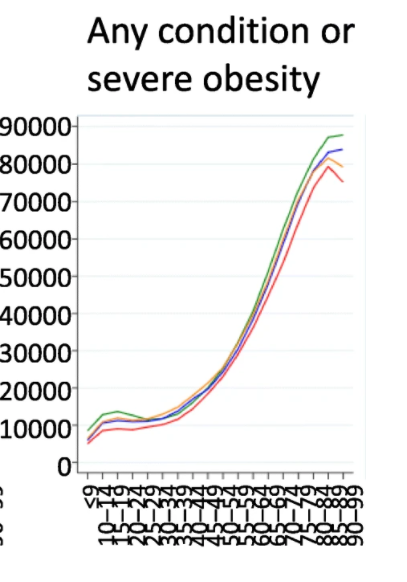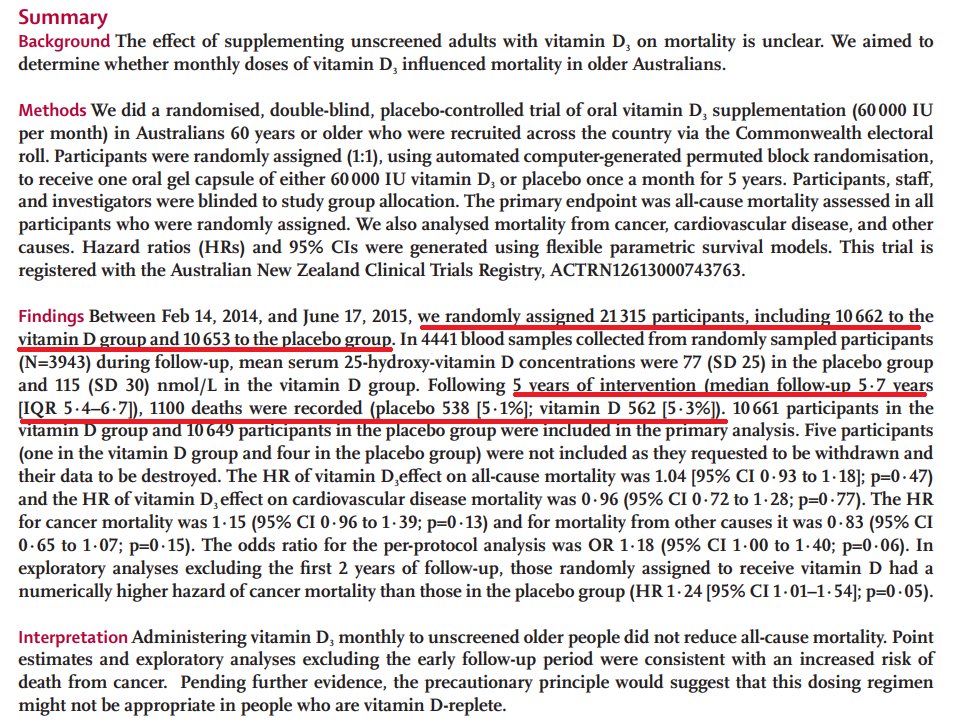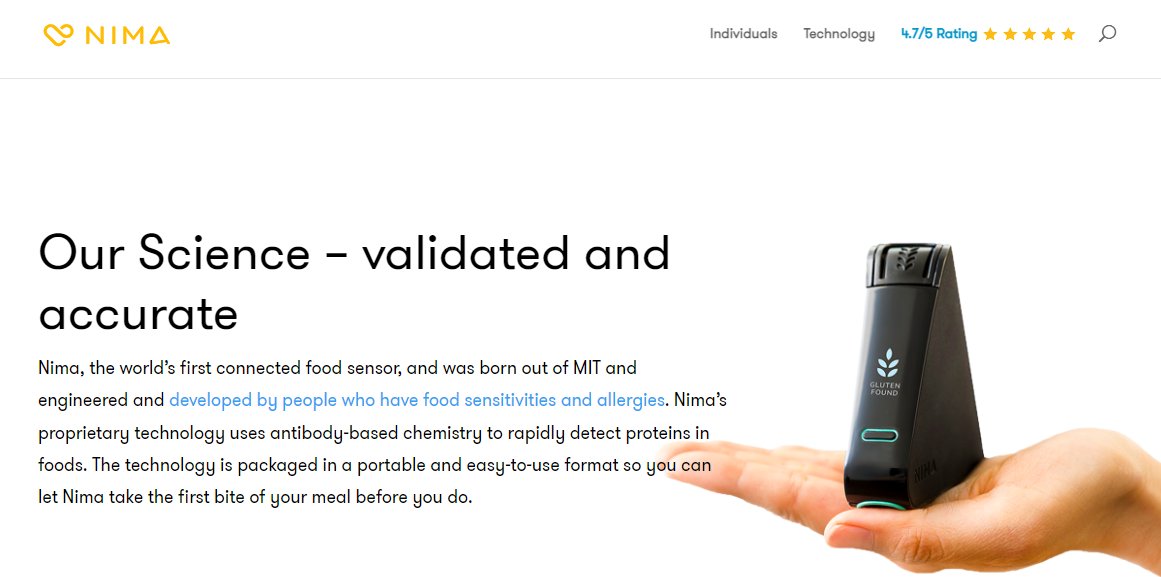
"Most people who died of COVID-19 have underlying health conditions"
Most people who die OF ANYTHING have underlying comorbidities
MOST ADULTS in many countries have at least 1 underlying health problem!
Most people who die OF ANYTHING have underlying comorbidities
MOST ADULTS in many countries have at least 1 underlying health problem!
I mean, obesity is usually defined as a risk factor for Covid-19, as is hypertension. The combined prevalence of just those two issues in many countries is above 1 in 3 adults
Here's an estimate of the "at risk" population from the UK, which aggregated together cancer, heart disease, diabetes, asthma, severe obesity, and CKD. At age ~60, more than half of the population had at least one condition bmcpublichealth.biomedcentral.com/articles/10.11… 

And that's before you add in mental health, dementia, autoimmune diseases, etc
I think most people drastically underestimate how prevalent a lot of underlying health conditions are in the population
I think most people drastically underestimate how prevalent a lot of underlying health conditions are in the population
Some of this is because these conditions get diagnosed more often these days, but it's also in large part due to the fact that these health issues are WAY more survivable than they used to be
Many forms of cancer which were a death sentence in the 60s are now not that much more deadly than a chronic disease - still serious, but with a life expectancy of years rather than months
The life expectancy of someone who was diagnosed with type 2 diabetes in the 90s was reduced by 5-10 years - these days it's more like 2-5 years, and even that's falling
Anyway, point is that, depending on where you live, between 1 in 4 and 1 in 2 of your family, friends etc have at least one serious comorbidity that increases their risk of Covid-19
• • •
Missing some Tweet in this thread? You can try to
force a refresh









